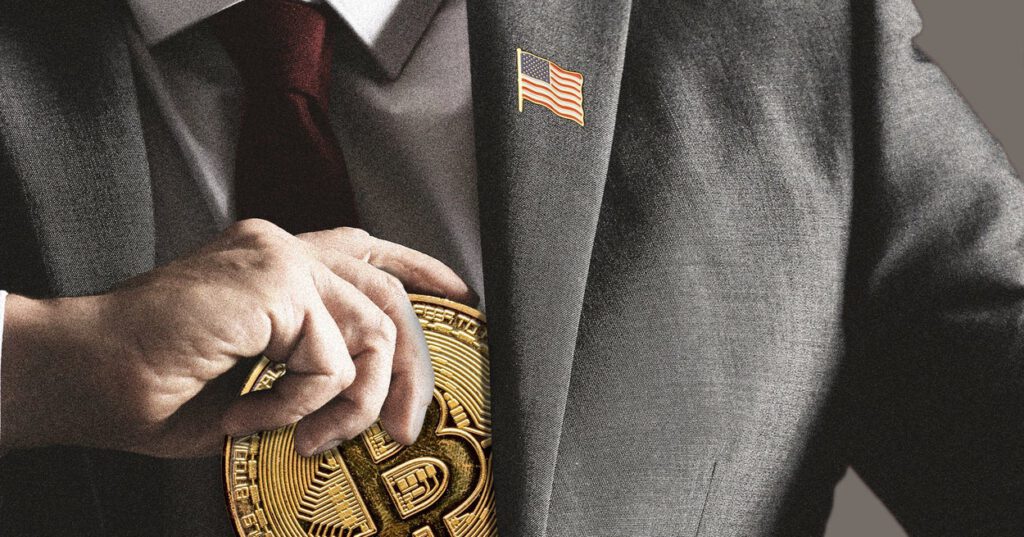In preparation for the 2022 midterm elections, more candidates than at any time have started accepting donations in cryptocurrency. As a consequence, key crypto platforms have started promoting themselves to candidates as donation processors. But the platforms deliberately obscure the identities of people applying their products and services, which helps make it tougher for strategies to obtain out if donors are who they say they are — and comply with marketing campaign finance regulations.
The two major cryptocurrency platforms in the house, BitPay and Coinbase, anonymize transactions by building a new “wallet address” (a random string of quantities and letters) for each consumer every single time they transfer money. This is a prevalent aspect of cryptocurrency platforms, supposed to avoid observers from applying public blockchain explorers to identify the people today guiding just about every transaction.
But the attribute can also stop strategies from verifying that their donors are who they declare to be. The Federal Election Fee involves candidates to accumulate and disclose donors’ names, addresses, and companies, which they can normally do by matching a donor’s title to the name on a check out or the tackle on a credit history card. But with intentionally obscured wallets and no this sort of verification available through BitPay and Coinbase, campaigns need to rely on crypto donors honestly filling out a uncomplicated internet variety with couple of mechanisms to ensure it is correct. This poses the possibility that crypto donors could engage in fraudulent or if not illegal giving, primary strategies to fall short to report the cryptocurrency provided to them, no matter if negligently or nefariously.
BitPay does supply an decide-in process for any transparency-minded buyers who want to preserve one particular reliable, auditable wallet address. Campaigns, which sign up with BitPay as “business accounts,” also have constant wallet addresses. But simply because the characteristic is choose-in, it’s very likely that few donors have it enabled — which implies strategies would not be equipped to corroborate a donor’s assertion of identity with their community blockchain action.
BitPay spokesperson Jan Jahosky declined to reply queries about whether or not the platform conducts any identity verification checks on men and women donating to strategies by way of its platform. By distinction, Mike Naple, a spokesperson for the progressive payment processor ActBlue, instructed Cayuga Media that the enterprise “employs several checks” to “detect economical fraud.” Coinbase did not answer to a ask for for comment.
Though it has been lawful to donate to strategies using cryptocurrency since 2014, the floodgates opened last June, when the Countrywide Republican Congressional Committee introduced that it would commence accepting donations in crypto. Considering the fact that then, candidates from across the ideological spectrum have embraced crypto donations, and pro-crypto PACs have announced ambitious paying ambitions for 2022. Blake Masters, a conservative prospect for Senate, recently told supporters on Twitter to “DM me to donate in crypto” and has offered NFTs to aid his bid. Masters did not respond to a request for remark.




